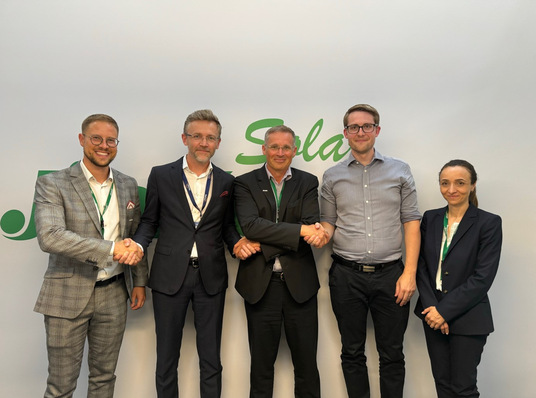This was followed by solar energy training for rural women from Burkina Faso in India with the United Nations Development Programme (UNDP) and the Global Environment Facility Small Grants Programme (GEF/SGP) financial support. In 2018, under the Ministry in charge of the Environment, the Regional Barefoot College Training Centre in Burkina Faso (CRFBB) was created.
Located in the village of Nioryida, in the South central region, about a hundred kilometres from the capital Ouagadougou, the CRFBB is responsible for: coordinating the identification of localities to benefit from its services; coordinating the selection of women to be trained at the centre, on the basis of objective criteria; providing theoretical and practical trainings for women; carrying out other types of additional trainings required to fulfil its mission; taking all necessary measures to ensure a pleasant stay and high-quality trainings for the auditors; carrying out any mission entrusted by the competent authorities. The centre also ensures the transfer of solar technology to the following countries in Sub-Saharan Africa: Burkina Faso, Niger, Benin, Togo, Ghana, Côte d'Ivoire and Mali.
Results of the Solar Grandmothers project
As part of the Solar Grandmothers project, the Barefoot College training centre in Burkina Faso, in partnership with the Global Green Growth Institute (GGGI) and the Prince Albert II of Monaco Foundation, has provided solar energy trainings for grandmothers from seven regions of Burkina Faso.
See also: New report shows potential for photovoltaics in Africa
The aim of the project was to empower older women to help reduce the negative environmental impact of fossil fuel use in Burkina Faso by promoting clean technologies and low-carbon energy sources. Thirty-one solar grandmothers have benefited from intensive theoretical and practical trainings. They were given kits to equip their workshops, enabling them to carry out repairs and install solar kits. After the trainings, each solar grandmother received solar kits for households in her home village.
Providing households with solar kits is part of the project's contribution to the electrification of the selected villages. This is a Pay As You Go (PAYG) system managed by the local units after the beneficiary households have been selected. PAYG allows access to energy to be broken down into accessible payment schedules defined by the local committee. Setting up local management units helps to consolidate the achievements and sustainability of the project in the selected villages.
Also interesting: ecoligo realises first solar project in Côte d'Ivoire
These units play a key role in managing the solar kits made available to households. Among other things, they set up a system for recovering the cost of installing the kits for households. The amounts recovered are to be used to purchase new kits for new households.
How will the impact of the project be assessed?
The project has made it possible to provide local expertise in solar technology in rural areas, and to increase the availability of and access to solar energy in rural areas, while improving the governance of solar energy at local level by setting up autonomous solar electrification units in the beneficiary villages.
The project's impact can be assessed, in particular, in terms of changing the status of women in their living environment, helping to raise community awareness on climate change resilience and protection of the environment, reducing inequalities and improving the living conditions of beneficiary households, reducing gender inequalities in rural areas by involving women as full players in local development, which should be accelerated by the increase in income-generating activities in the villages of Burkina Faso. (mfo)
For more details on the Solar Grandmothers project and its goals, click here.








